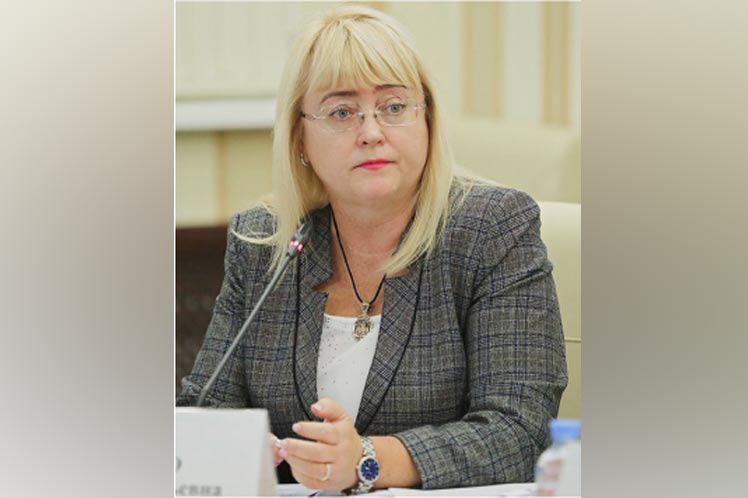Kiviko added that interest in Cuba and solidarity with the Cuban people’s struggle against the blockade imposed by the United States are gaining more and more followers in Crimea. “Scientific conferences and readings, exhibitions with archival documents and photographs are being held, the number of publications and events of social importance are growing,” the official said at a meeting of the Russian Orthodox Church in Moscow, noting that the Russian-Cuban Friendship Alley was inaugurated this year in the Artek resort in Crimea, and a meeting was held with residents, who were told about the origins of the friendship between Cuba and Russia.
The Federal University of Crimea organized the competition for scientific, informative and journalistic works under the title “Cuba: yesterday, today, tomorrow” on the occasion of the 95th anniversary of the birth of Ernesto Che Guevara. The event attracted students and scientists from all over the peninsula.
Round tables and exhibitions of archival and photographic documents, were held during the year on the occasion of Cosmonaut’s Day, in memory of Yuri Gagarin, first president of the USSR-Cuba Friendship Society, and in tribute to Fidel Castro. The first readings were also held between Crimea and Cuba, dedicated to the 170th anniversary of José Martí.
Kiviko believes that meetings with scientists, holding joint conferences, round tables and the participation of the media are the basis on which the work of social activists is built.
“Scientists, historians, philologists, and journalists are helping in the search of forgotten or little-known facts, exploring important events in the history of Soviet and Russian-Cuban relations. We also consider it necessary to strengthen ties with Cuban educational institutions,” she emphasized.
The vice president also said that members of the Russian Orthodox Church laid flowers at the monument to Fidel Castro in Moscow, which was solemnly inaugurated last year by the Presidents of Russia and Cuba.
jrr/llp/mv/gfa










